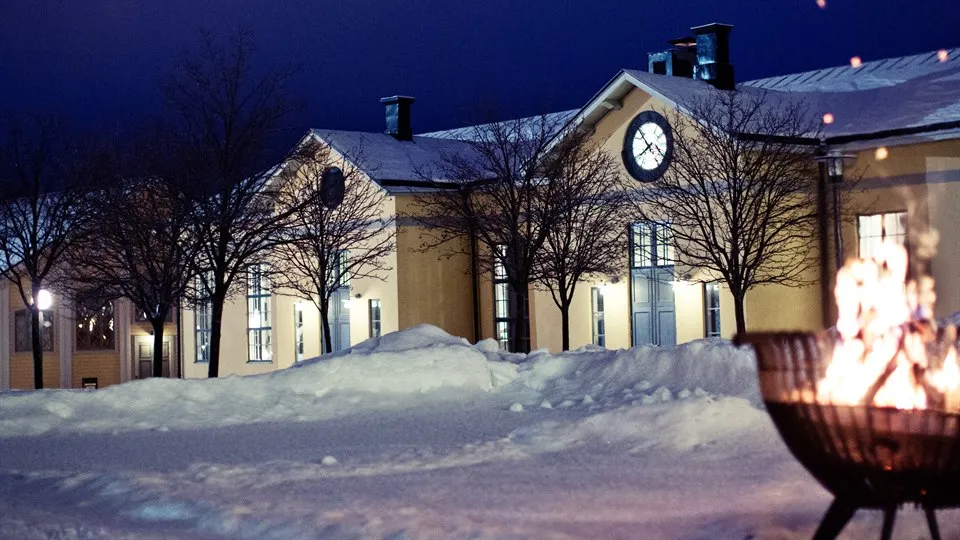"Useful information and a lot of praise"
The first part of the research evaluation, ARC21, has been carried out and when the Research Council discussed the outcome, the content was that most things worked well and that the good grades from the assessment panels were considered.
— It has been an intense autumn for many of those who have been involved in the research evaluation and I am proud of the way in which we have carried out the process so far. We must remember that we are only halfway there, but so far we have not encountered any major problems along the way, says Håkan Wiklund, vice-rector for research. The purpose of the evaluation is to provide an overall picture of research and postgraduate education within the environments at Mid Sweden University and receive recommendations for further development.
In the first part of the evaluation, the focus has been on the activities at the eight research centers and the research subjects linked to it, as well as the doctoral education subjects. Hans-Erik Nilsson, Dean of the Faculty of Science, Technology and Media, summarizes the assessment panels' reports of Demicom, STC, FSCN and STRC as follows:
— The reports give us very useful information with many strong and praiseworthy words regarding quality and impact, but of course also some impact on things we can do better. That is also what we are looking for and that is why I want to highlight some of our areas for improvement, he says. Of course, the reviews differ somewhat between the different activities, but when Hans-Erik draws the main lines, there are similarities. The assessment groups point out, among other things, that the external funding for research needs to be broadened, especially with regard to international funding, that the number of doctoral students should be increased, and that the university must strengthen career planning to increase mobility among doctoral students.
— They view the quality and number of guest professors very positively, but at the same time think that we can highlight them more. In a general perspective, the evaluation gives us help to put our finger on problems that can be difficult to discuss if they do not come from external assessors, says Hans-Erik.
At the Faculty of Human Sciences, the research centers CER, ETOUR, NVC and RCR were evaluated, as well as the subjects business administration, economics and tourism science as well as the doctoral program in business administration and tourism science. Dean Anna Olofsson states that the research is given high quality in terms of publications, that these are often highly ranked journals and that the citation level is satisfactory. The infrastructure is highlighted and stated that it is of high, or even unique, quality. Just as at the NMT faculty, the assessment groups highlight the relatively small research groups as a challenge.
— It is stated that the research groups are dedicated, but that the size creates greater vulnerability if individual researchers leave. Furthermore, our local and regional collaboration is seen as good, while there is potential to strengthen our international research network, she says. At both faculties, the assessor groups' reports have had a very different character and based on that and the experiences of all those involved, the evaluation will now be followed up and revised before the next round next year.
— The assessment groups sometimes took the liberty and left the proposed format and template. As a university, we can certainly have a lot to learn from how different assessment groups have chosen to relate to our instructions, says Anna. The next step at the faculties is now to discuss the reports and the assessment groups' recommendations in each board and then develop action plans and measures.
—This time we also chose to evaluate the doctoral program at the same time as the research and we can state that there are advantages to it, but it also becomes clear that the evaluation of the doctoral program does not really reach the same depth as we had hoped, says Håkan Wiklund.
